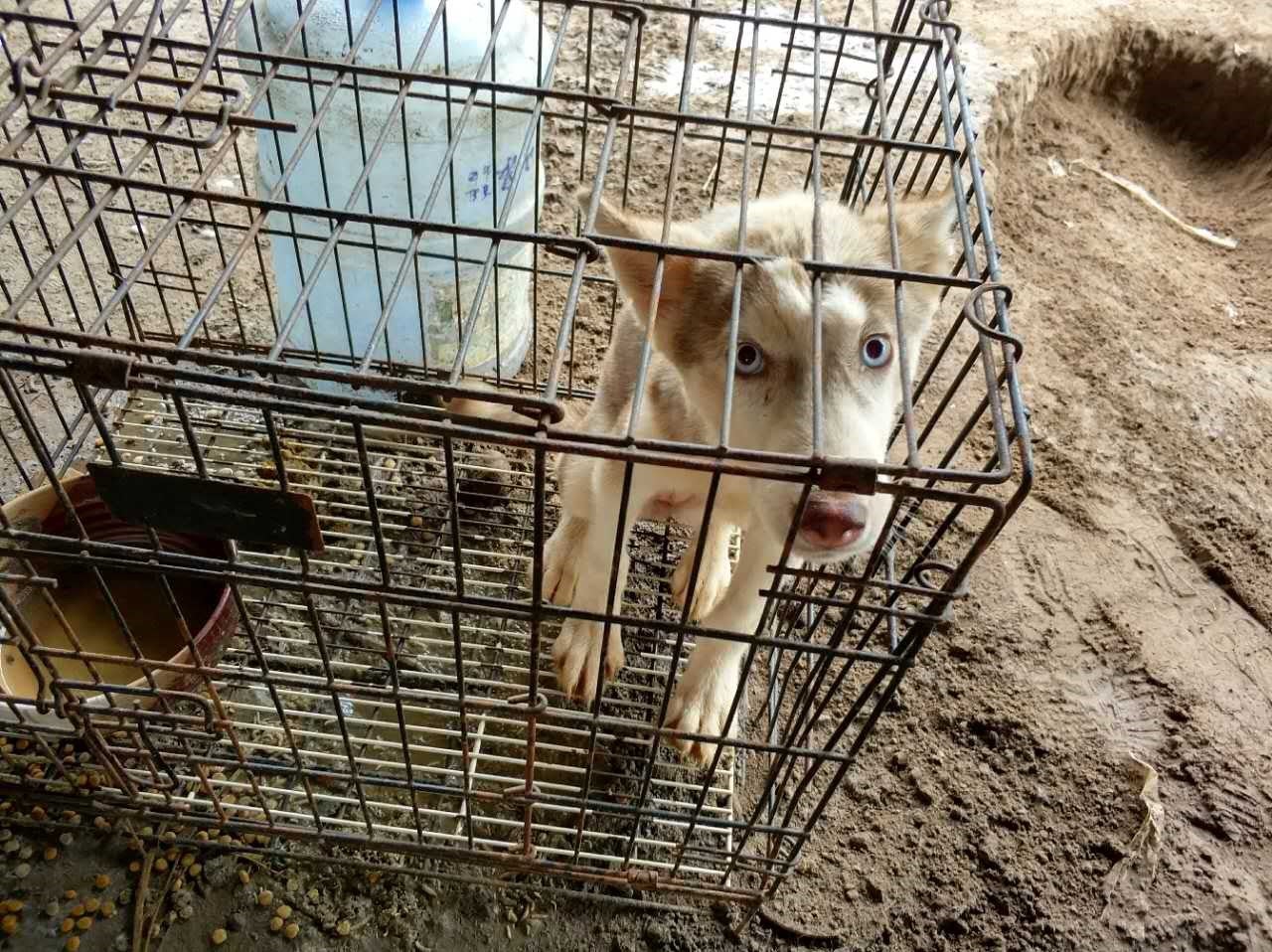Sapore, one of Brazil’s largest food service providers, serving approximately 365 million meals per year, announced (in Portuguese) a partnership with Humane Society International, committing to source exclusively cage-free eggs (liquid and shell) by 2025.
Fernanda Vieira, corporate policy and program manager for HSI/Brazil, said: “We applaud Sapore for improving animal welfare in its supply chain by switching to cage-free eggs, a move that will improve the lives of tens of thousands of hens in Brazil. The future of egg production in Brazil is cage-free and we look forward to working with other companies on similar policies.”
Sapore is pleased to announce its commitment with HSI, as the company is committed to social and environmental issues. Apart from the work with at-risk youth through the Daniel Mendez Association, training them to be competitive in the workforce, the company’s business also values sustainability in the day-to-day operations at restaurants. Through the IOS- Sapore Operational Intelligence, that prioritizes the training of our staff, optimizes processes and provides our kitchens with state of the art equipment, guaranteeing reduction in water (-25 percent), water (-30 percent), gas (-30 percent), and energy usage (-35 percent), we make our operations more sustainable”
Egg-laying hens are typically confined for their whole lives in wire battery cages, so small that the hens cannot even fully stretch their wings. Science confirms what commonsense tell us, that the lack of space and restriction of movement is detrimental to the physical health of the birds and causes frustration and suffering.
The use of conventional battery cages for laying hens is banned or being phased out under laws or regulations throughout the EU, in five U.S. states and in New Zealand and Bhutan. Officials in the majority of states in India, the world’s third largest egg producer, have declared that the use of battery cages violates the country’s animal welfare legislation, and the country is debating a national ban.
Sapore joins Compass Group (GRSA in Brazil) and Sodexo, both leading food service companies in Brazil that have also committed to switching to exclusively cage-free eggs. Other leading food manufacturers and restaurant companies, including Unilever, which has committed to a global cage-free egg supply chain by 2020, Nestlé, the largest food company in the world, Burger King and Arcos Dorados, which operates McDonald’s in Brazil and 19 other countries in the region, committed to switching to 100 percent cage-free eggs, as did other leading restaurant operators, totaling thousands of restaurants in Brazil alone. Alsea, the largest restaurant operator in Latin America and Spain, and Grupo Bimbo, the world’s largest bakery company, announced cage-free egg policies after several years of talks with HSI. Other leading corporations like BFFC, Grupo Trigo (in Portuguese), AccorHotels, Intercontinental Hotels Group, Subway, Cargill, IMC, Barilla, Marriott International and Hilton Worldwide have also pledged to go cage-free in Brazil.
Media contact: Fernanda Vieira, fvieira@hsi.org, 11 9 8905 3848








